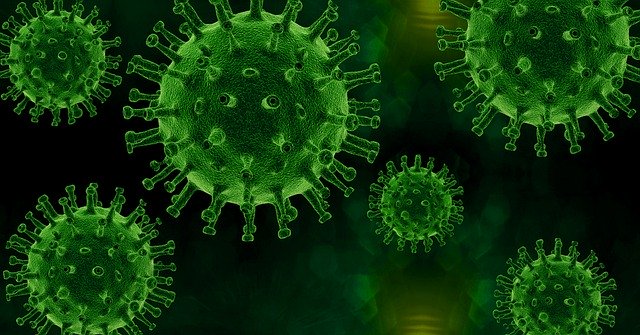Will the pandemic go away? No one has a clear answer. Scientists observe that the COVID 19 will remain for at least a few more decades with us. But the level of threat may not be the same.
COVID 19 was detected in late 2019. And experts are not sure how it will behave in the times ahead. Experts, however, observe that it will change from a crisis to just an annoyance, like a common cold. It will happen when people gain herd immunity. The body will gain immunity either through the infection or with the help of a vaccine.
Viruses have a uniform pattern
The flu pandemic that happened in 1918, too, may offer more information on the causes of the COVID 19 pandemic. The CDC has found that one-third of the world was infected by the virus that spread from birds. After a while, people died due to the infection or acquired immunity in the long term. The virus became less dangerous. It then mutated and became a low-intensity virus. This continued to spread seasonally.

The new variants of coronavirus, however, may worsen the situation. They may cause serious illness, evade the body’s natural defense system and the vaccines.
Whatever is the scenario, scientists are of the view that the virus will not disappear. Perhaps, neither the first infection nor the vaccine may protect people against a re-infection. The only virus scientists were able to wipe out was smallpox. That happened because people developed immunity that lasts a lifetime after the first infection. Vaccination, too, boosted the process.
Having said these, given below are the CDC guidelines on staying safe and protecting those around you from the pandemic:
- Get vaccinated as per the guidelines.
- Vaccines will help you develop immunity against COVID 19 pandemic.
- You should get vaccinated as and when it becomes available.
- Upon vaccination, you may start doing certain things that the pandemic prevented you from doing. Check the CDC guidelines in this regard.
- Continue wearing the mask.
- Everyone above the age of 2 has to wear a mask.
- Even with a mask, you should maintain six feet distance. This applies specifically to a situation when you contact a stranger.
- If anyone among your loved ones is infected, you should take all precautionary measures. These will make sure that you stay safe from getting infected.
- Clean your hands and use a sanitizer before touching the mask.
- See to it that the mask fully covers your mouth and nose. It should stay securely on your chin.
- Make sure that your mask sits tightly on the side of your face. You can slip the loops behind your ears. You may even tie its strings behind your head.
- If you are forced to adjust your mask continuously, you may need another type or brand.
- See to it that your mask does not obstruct your breathing.
- From February 2nd, you are required to wear a mask in all the US transportation facilities. This applies to all situations; to going abroad or going abroad.
- Maintain social distance
- Stay six feet away from everyone. Try to do the same even in your house if someone is infected.
- Remember, people may carry the virus even when they don’t have symptoms of the disease.
- Avoid crowds and stay away from buildings with insufficient ventilation.
- Know that frequenting the usually crowded spaces like bars or restaurants renders you at high risk of infection from COVID 19.
- Stay away from indoor spaces that don’t allow fresh air from the outside.
- If you stay indoors, make sure that the windows remain open. This will bring fresh air from the outside.
- Wash your hands as many times as possible. Avoid touching your face and nose. Cover your mouth and nose when sneezing or coughing.